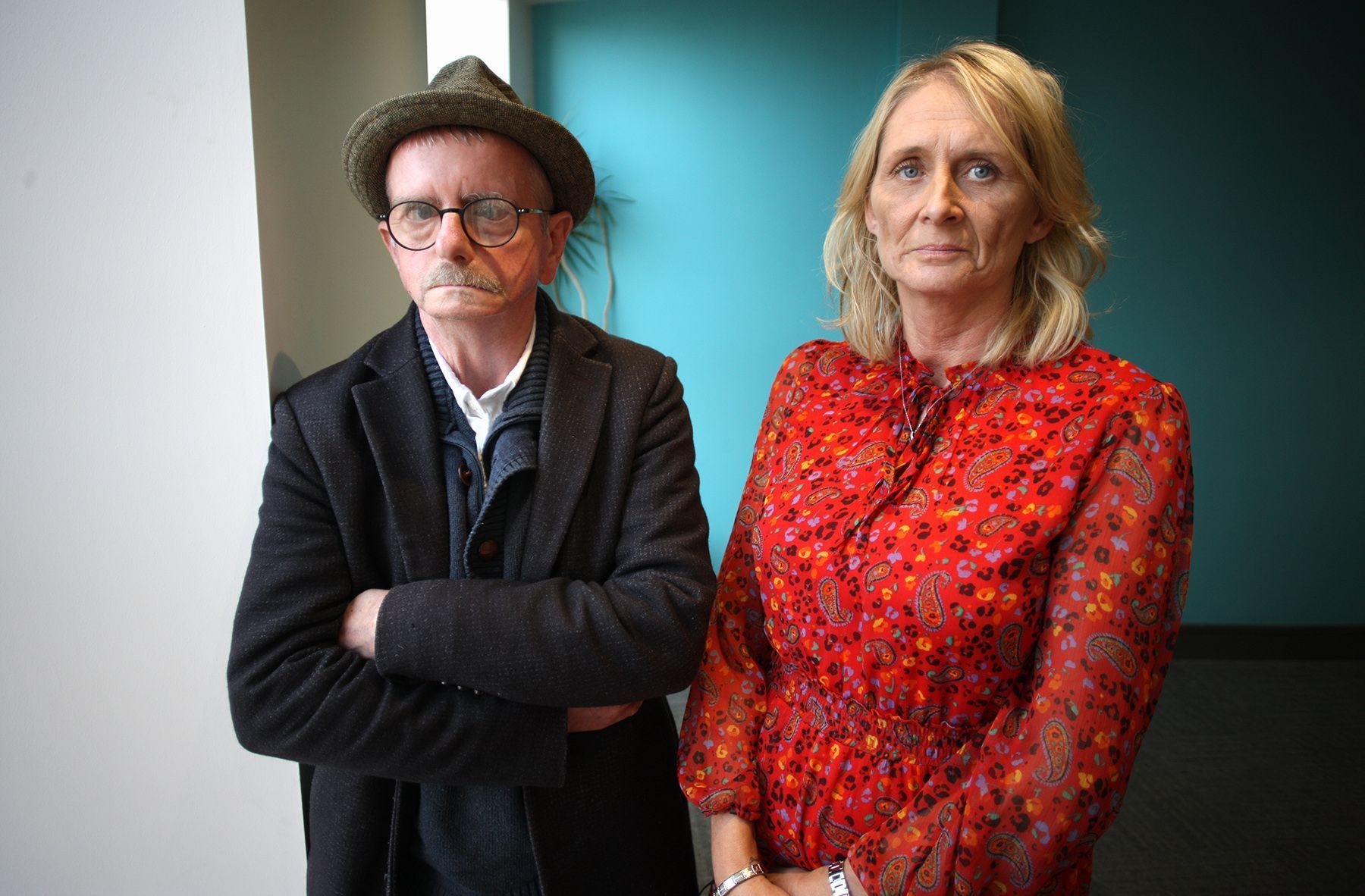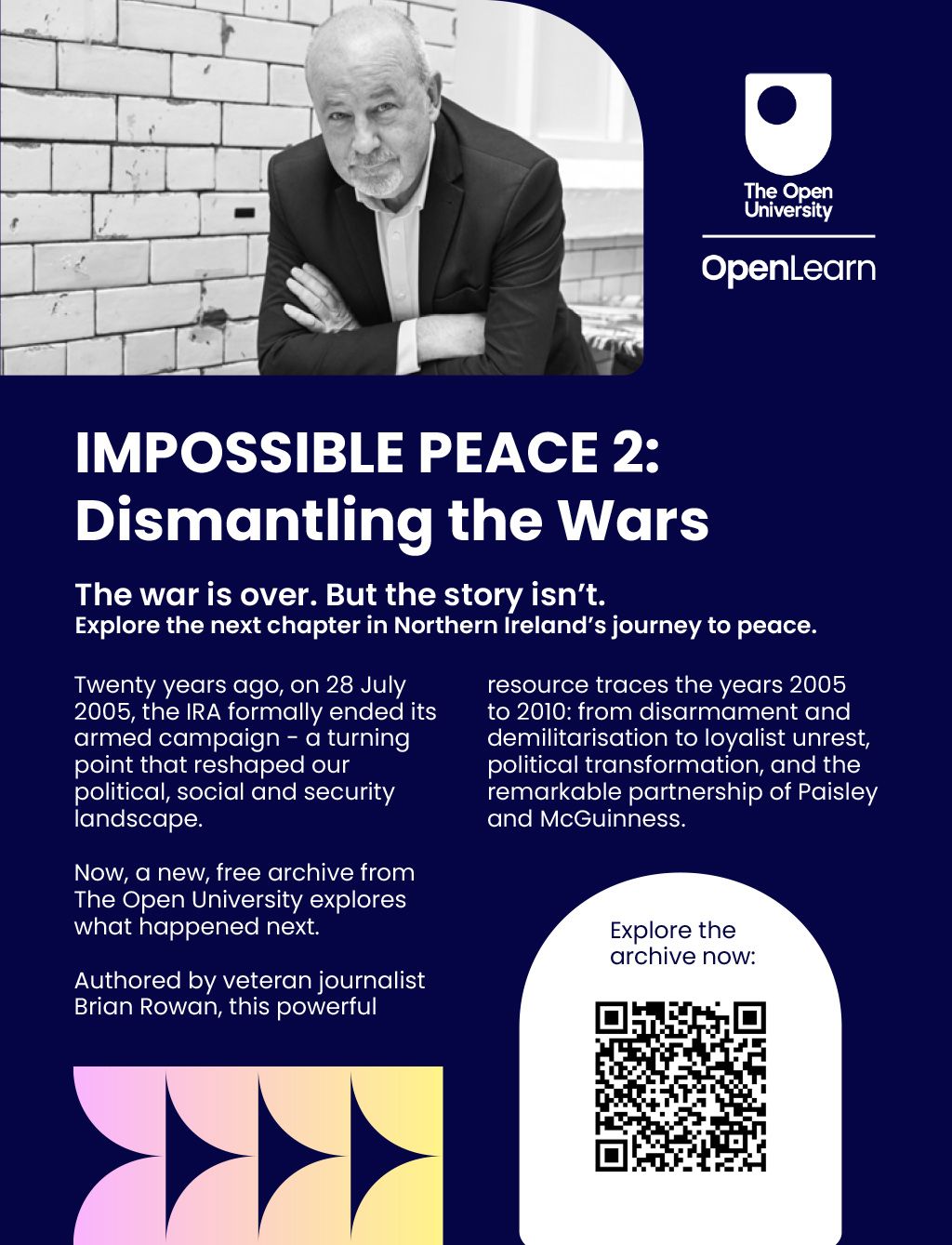RELATIVES of two North Belfast victims of the Troubles are considering their next move after the Court of Appeal on Tuesday rejected their legal challenge to THE British Government's proposed conflict amnesty.
Patricia Burns and Daniel McCready wanted the Court of Appeal to declare the proposed legislation, which would end legacy-related civil litigation and inquests, to be unlawful.
Ms Burns' father, former Royal Navy sailor Thomas Burns, was shot dead by the British Army outside Glenpark Social Club in North Belfast in July 1972.
Patricia took the case along with Daniel, whose uncle, Jim McCann, was among six men killed by soldiers in the New Lodge area of the city in February 1973.
The proposals published by the Secretary of State in July 2021 indicate that the Government at Westminster seeks to close all current avenues of legacy investigations, civil claims, inquests and criminal prosecutions.
Patricia and Daniel had asked the Court of Appeal to take the unusual step of providing an advisory judgement on the constitutionality and lawfulness of the amnesty proposals in domestic and international law. They sought this advisory judgement prior to the publication of any Bill to ensure that the parliamentary debate following the introduction of the Bill will be properly informed.
They also sought declarations from the High Court that the purpose of the legacy proposals, including the introduction of a Troubles amnesty, is unconstitutional, unlawful, in contravention of the Ireland/Northern Ireland Protocol and the British Government’s international obligations under Articles 2 & 3 of the European Convention of Human Rights. They additionally sought a declaration from the court that the proposals represent interference with the independent functioning of the judiciary here.
The pair had hoped for a declaration from the court that any law which purports to prohibit further civil claims or inquests, or any other court proceedings, or to take steps to terminate such proceedings which are pending before the courts, on the basis that they relate to incidents during the Troubles, would amount to such a fundamentally unconstitutional interference in the role and function of the judiciary that it could not lawfully be enacted by Parliament or given effect by the Courts.
The court heard from Mr Barry MacDonald QC on behalf of the applicants that the delay in the mechanisms investigating, examining and prosecuting Troubles cases would be irretrievably damaging should these proposals be enacted in law.
The Court of Appeal dismissed the application for leave on the basis that it was premature pending the publication of the proposed Bill.
In the judgement, however, the Lady Chief Justice Siobhan Keegan recognised the widespread impact of the proposals in Northern Ireland should they become law.
“Should these proposals become law, there would be an impact upon the investigations relating to the deaths of Thomas Burns and James McCann," she said.
"However, the effect of any change in the law would also have a significant impact on a wider cohort of legacy litigation in this jurisdiction.
"Opposition to the proposals has already been expressed from a variety of quarters to the plans."
Patricia and Daniel's solicitor,, Nichola Harte of Harte Coyle Collins, said: “Our clients are now considering the written judgement from the Court of Appeal.
"It remains open to them to lodge a petition to the UK Supreme Court on these proposals and they will assess the merits of doing so.
"They welcome the recognition by the Court of Appeal in the judgement yesterday of the widespread impact such proposals would have across all communities in Northern Ireland if they were enacted in law.”








